How Do Cats Clean Themselves After Pooping?
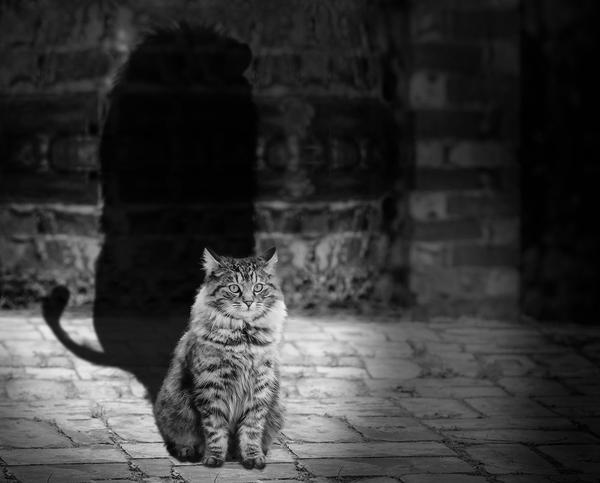
Curious about how cats handle their own, um, business?
Worried your little furball isn't doing the clean-up routine properly?
We've ALL been there, fretting over our precious kittens 😺.
So, let's put those concerns to rest, shall we?
Get ready to dive into the fascinating world of feline hygiene.
Let's begin.
Why Is My Cat Not Cleaning Herself After Pooping?
Sometimes cats need a little extra help in keeping clean after pooping.
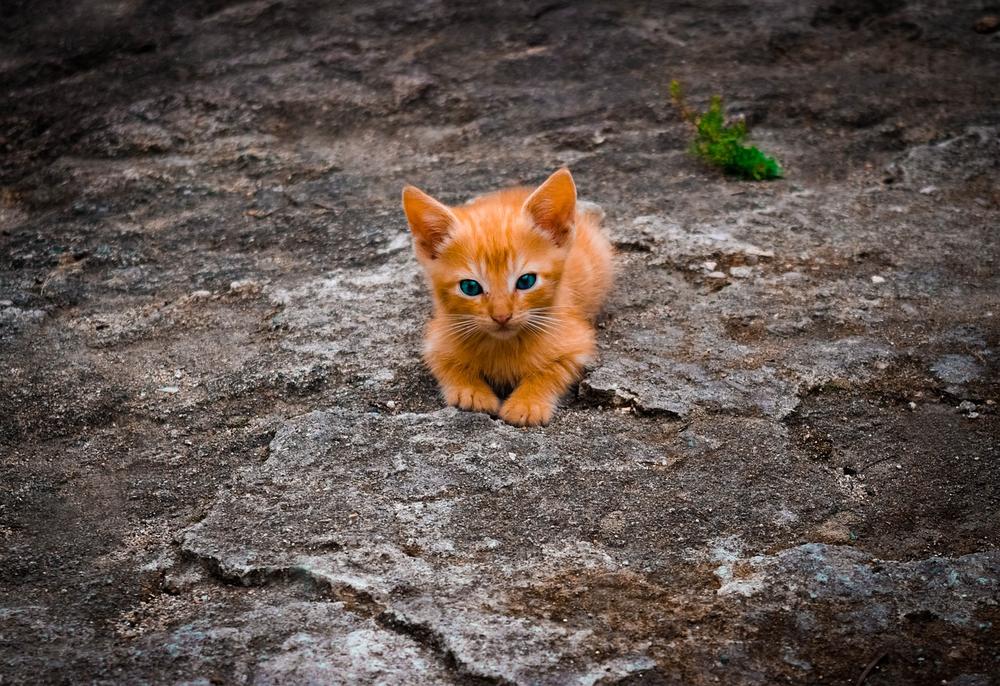
Here are some reasons why your cat may not be cleaning themselves:
- Pain or discomfort: Cats experiencing pain or discomfort in their anal area may struggle to clean themselves properly after pooping. This can be more common in older cats or cats with physical issues like arthritis or obesity.
- Mobility issues or weight problems: If your cat has difficulty moving around or is overweight, they may have trouble reaching and cleaning themselves after using the litter box.
- Loose stools: Cats with loose stools may find it challenging to clean themselves effectively due to the messiness of their poop.
- Gradual exposure: If you need to assist your cat in cleaning themselves, introduce them slowly and gently to the actions associated with grooming. This helps ease any discomfort they may have.
- Illness or digestive issues: Lack of grooming after pooping could indicate underlying health concerns. It's important to take your cat to the vet for a check-up if you notice any significant changes in their grooming habits.
- Sensitivity to waste or medical conditions: Some cats may obsessively clean themselves after using the litter box due to sensitivity to their own waste or medical conditions. Pay attention to any signs of excessive cleaning.
- Hiding poop: Cats may hide their poop to maintain territory cleanliness and avoid attracting predators. However, if they have stomach or digestion problems, they might struggle to remove the waste even while cleaning themselves.
If you notice that your cat is struggling to clean themselves after pooping, you should provide them with appropriate care and consult with a veterinarian if necessary. 😺
Main points I'll expand upon further down this article:
- Cats instinctively try to bury their poop to mark their territory and avoid predators.
- Healthy cat poop should be lumpy but not too hard or runny.
- Warm water and gentle shampoo can be used to clean a cat's bottom.
- Seek assistance from a veterinarian or pet groomer to keep the cat still during cleaning.
- Avoid strongly scented products and regularly check for fecal residue on the cat's skin or fur.
- Long-haired cats are more prone to poop getting stuck in their fur, so trimming the fur around the backside can help.
- Feeding wet food can help soften the consistency of a cat's stool.
- Maintaining cleanliness in litter boxes is crucial to prevent contamination.
- Monitor litter levels and behavior to identify issues causing poop to stick to fur.
- Regular grooming is essential for a cat's hygiene and overall health.
But here's the thing you may not know - some cats have a natural instinct to bury their poop right away.
This behavior serves an important purpose, but it can lead to cleaning issues.
So what does this mean for your kitten?
Cat Poop: Cleaning and Post-Potty Behavior Unveiled!
Clean cats prefer burying their poop immediately after doing the deed, marking territory and staying safe from predators.
But this can make cleaning a challenge.
Healthy cat poop should be lumpy, not too hard or runny for your furry friend.
How Do You Clean Feces From Your Cat’s Fur?
Cleaning feces from your cat’s fur can be a messy task, but here are some tips that can help you effectively clean your furry friend:
- Use pet-safe wipes specifically designed for cleaning a cat's bottom to remove any fecal matter from their fur.
- Consider using warm water and gentle shampoo to wash the cat's bottom in a circular motion. Rinse well and pat dry with a towel.
- Use soft cotton balls or pads to gently wipe the face and body of your cat, moving towards the rear end.
- Seek assistance from a veterinarian or pet groomer to keep the cat still during cleaning, especially if they are not accustomed to gentle handling.
- Use distraction techniques such as favorite toys or softly stroking the cat to keep them in place.
- Regularly check for any remaining fecal residue to prevent fly strike and maintain cleanliness.
- Gently wipe the cat with a moist cloth after they use the litter box to prevent the spread of germs and feces on their paws.
- Consider alternative methods such as using wet wipes, cat wipes, or a rag with diluted cat shampoo for periodic cleanings to prevent bad odors.
You should handle your cat with care and ensure their comfort throughout the cleaning process. 😉
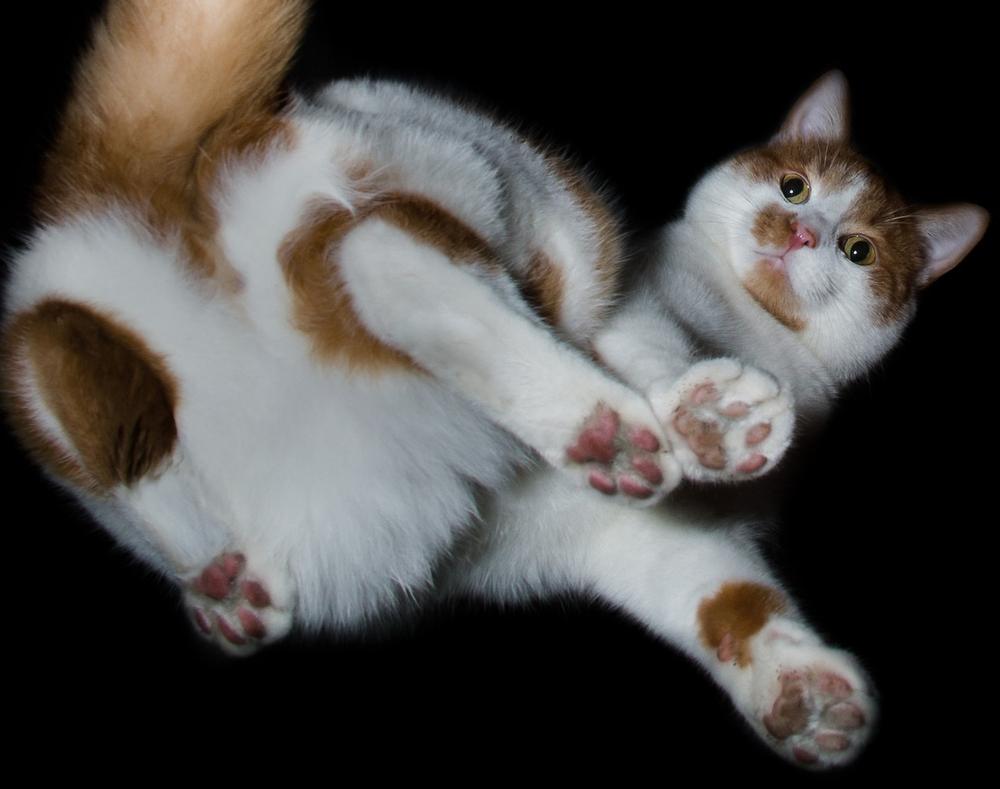
But wait, there's more!
Let me tell you about some additional factors that can contribute to this common issue...
Why Would Poop Get Stuck to Your Cat’s Fur?
Cats and poop, here's what you need to know:
- Longhaired cats, with their long and thick fur, are more likely to get poop stuck in there.
- You can solve this by trimming their fur around the backside. Less chance of sticky situations.
- Wet food instead of dry food can help soften their stool consistency. Poop won't stick as much.
- Cats bury their poop instinctively to stay safe from predators. Useful for them in the wild.
- Even short-haired cats can have grooming issues. They might unintentionally spread germs and feces traces from their litter boxes everywhere in the house.
So, whether your cat is longhaired or shorthaired, these steps will save you and your furry friend from a literal pain in the butt.
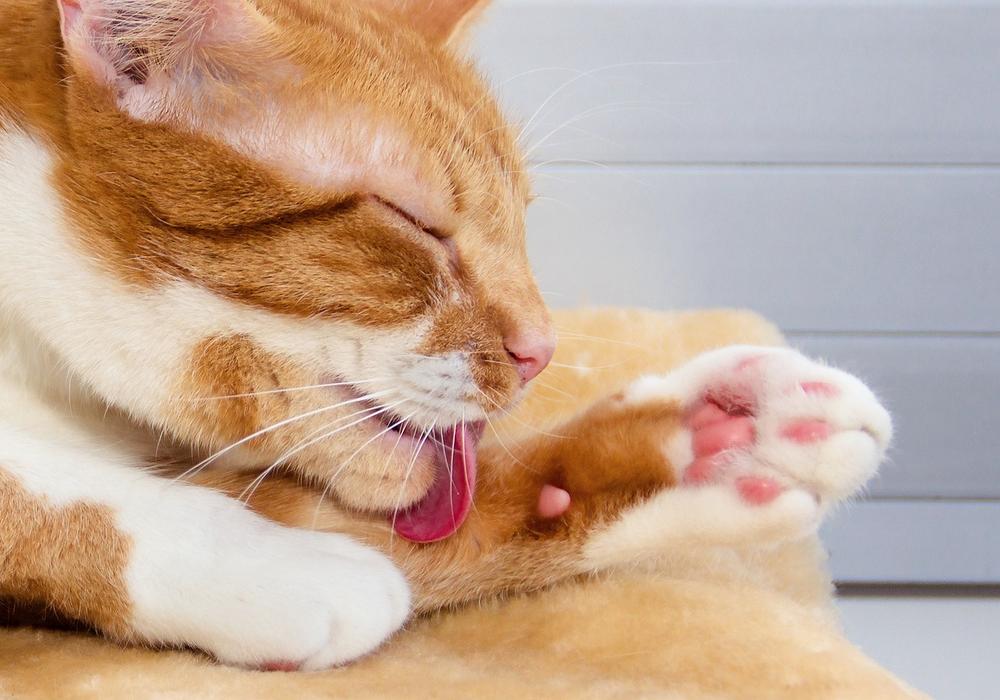
Now, you may be wondering how to address these litter box hygiene issues and ensure your kitten learns proper grooming habits.
Well, the next section will delve into practical tips and techniques that will not only keep your little furball clean but also promote a healthier environment for both of you.
Could Your Litter Box Be the Problem?
Could your litter box be the problem?
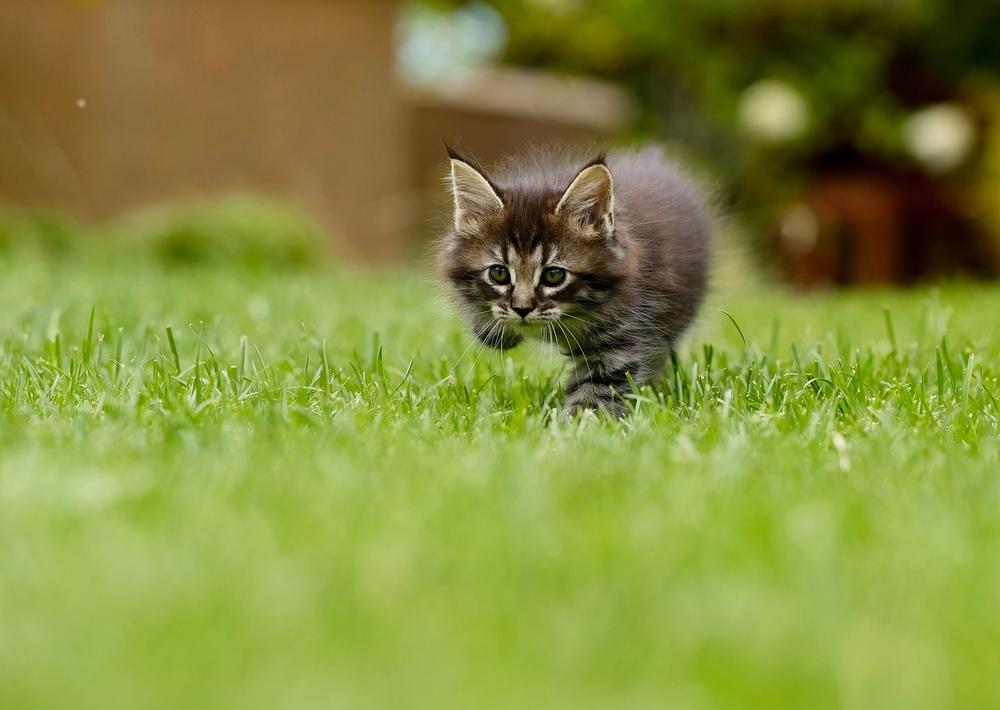
Well, inadequate litter box hygiene can negatively impact your cat's grooming habits.
To avoid this, follow these tips:
- Regularly scoop the litter box to maintain cleanliness and prevent contamination.
- Use a suitable type of litter, such as clumping litter, to encourage cats to use the litter box consistently.
- Clean the litter box thoroughly on a regular basis to prevent reinfection and the spread of germs.
- Promptly remove soft or diarrhea-like feces to minimize the risk of further contamination.
- Consider using an odor-masking litter box to prevent cats from wiping their paws on the floor.
- Regularly clean kitchen surfaces to reduce the possibility of cats tracking harmful germs and bacteria.
- Provide good quality litter that doesn't stick to cats' feet, minimizing mud tracks in the house.
- Monitor litter levels and observe litter box behavior to identify any potential issues causing sticking.
Training cats from a young age and offering positive reinforcement can help establish good hygiene habits.
And elderly cats may require extra support due to health conditions like arthritis.
How Often Do Cats Groom Themselves?
Cats like to keep themselves clean and comfortable
Did you know that cats spend a significant amount of their awake time grooming?
Yeah, it's true!
They groom to stay fresh, regulate their body temperature, and spread natural skin oils.
It’s all about taking care of themselves.
They use their rough tongues to meticulously clean every part of their bodies. They ensure they smell nice while keeping away any discomfort. So, don't worry if your feline friend is smelling good - they have it all sorted!
Cat grooming can be a sign of underlying issues
Wait a minute, what if your cat starts grooming excessively?
Does it mean something is wrong?
Well, unfortunately, yes.
When cats groom too much, there might be some medical or behavioral problems going on.
It could even lead to those unwanted hairballs that cats sometimes end up throwing up. Gross, right?
And sometimes, it's not just physical issues.
Emotional factors like embarrassment or anxiety can also trigger excessive grooming. Poor little kitties!
Taking care of your cat's grooming routine
Now that you understand how crucial grooming is for cats, especially the long-haired ones, let me share some tips to help you maintain your furball's charm:
First things first, long-haired cats require some extra attention to prevent matting and hairballs.
Regular brushing keeps their coat looking fabulous and gets rid of any loose fur.
Secondly, do you have a cat who isn't a fan of grooming sessions?
No worries, I've got a suggestion for you.
How about offering high-value treats or food during the process?
It can work wonders in making the experience enjoyable for both of you.
Lastly, let's talk health.
Keeping up with regular grooming plays a crucial role in maintaining your cat's hygiene and in essence wellbeing.
It helps regulate body temperature, improves circulation, and reduces the risk of nasty infections, parasites, allergies, and other health issues.
So, go ahead and give your beloved feline friend some tender love and care by helping them stay clean and healthy.
They'll appreciate it, and you'll have an even more delightful companion!
And if you've ever wondered about your cat's litter box behavior, I'm here to help! If you find that your cat runs out of the litter box while pooping, it could indicate a potential issue.
To learn more about why this might be happening and how to address it, I highly recommend checking out my article Cat Runs Out of the Litter Box While Pooping.
You'll find valuable insights and solutions to ensure your furry friend feels comfortable and confident during potty time.
Trust me, it's worth a read!
What Can Happen if a Cat Cleans Its Own Feces?
If you've got a cat, you know they clean themselves.
But did you know that when they lick their own poop they can swallow nasty bacteria and parasites?
That's bad news for your furry pal, as it could mean infection or illness.
So here's the deal:
Keep your cats clean.
This way, you'll be able to stop them from carrying diseases, pests, and parasites like ringworm, fleas, ticks, and even toxoplasmosis.
Now, let's say you slack off and neglect their cleanliness. Here's what could happen:
- Fur gets all matted: Skipping the hygiene routine can result in fur that's tangled and painful for kitties.
- Skin infections: Cats who don't keep up with proper hygiene are more likely to get skin infections, which means discomfort and potential health problems.
- Hairballs: Regular grooming helps prevent hairballs, those pesky things that can block a cat's digestive system and lead to even bigger issues.
- Digestive troubles: If cats go overboard licking away residue from their fur (especially around their anal glands), it can cause digestive issues.
- Choking risks: Cleaning themselves and accidentally ingesting debris can put cats at risk of choking.
But watch out, my friend.
Cat litter should also be handled with caution, as it might contain harmful germs and parasites for humans.
If necessary, always reach out to a vet or professional groomer for assistance.
And that wraps up today's article.
If you wish to read more of my useful articles, I recommend you check out some of these: Cat Meowing Purring After Giving Birth, Do Cats Understand Kisses, Why My Cat Humps Me, Do Cats Eat Their Own Poop, and Is Purring Involuntary in Cats
Talk soon,
-Sarah Davis